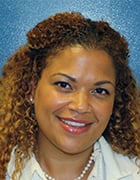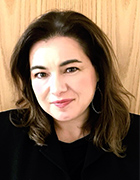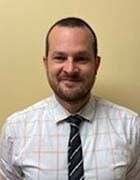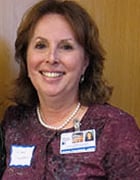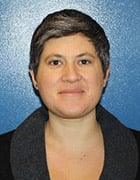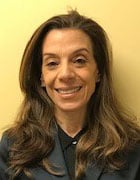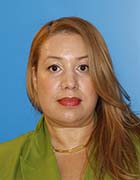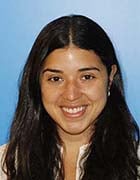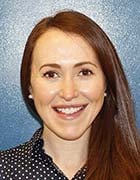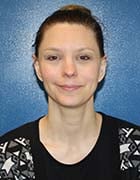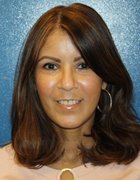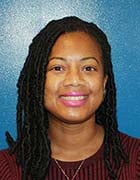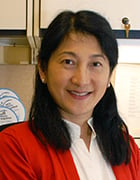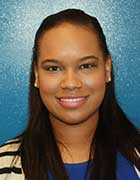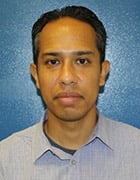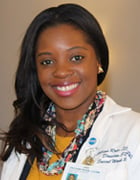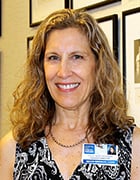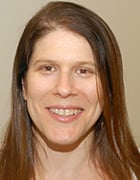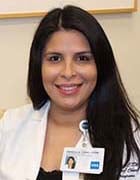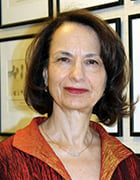Hospital for Special Surgery’s Department of Social Work Programs is an integral part of our health care team. Living with arthritis or an orthopedic concern can affect you and your family’s emotional, social, and practical well-being. You may want support to cope with a new diagnosis, clarify treatment options, or help to locate community resources. Whatever your concerns, we’re here to provide you with outstanding care.
Our Mission
The mission of Hospital for Special Surgery’s Department of Social Work Programs is to support, empower, and enhance the quality of life for people with rheumatologic and orthopedic conditions, and their loved ones. Our model programs specifically seek to provide needed resources and reduce barriers to access in culturally diverse communities.
We reach these goals through a strategic, comprehensive, and innovative approach to psychosocial support, education, and advocacy. Our trusted expertise and passionate leadership are demonstrated every day, on a local, national, and international level.

